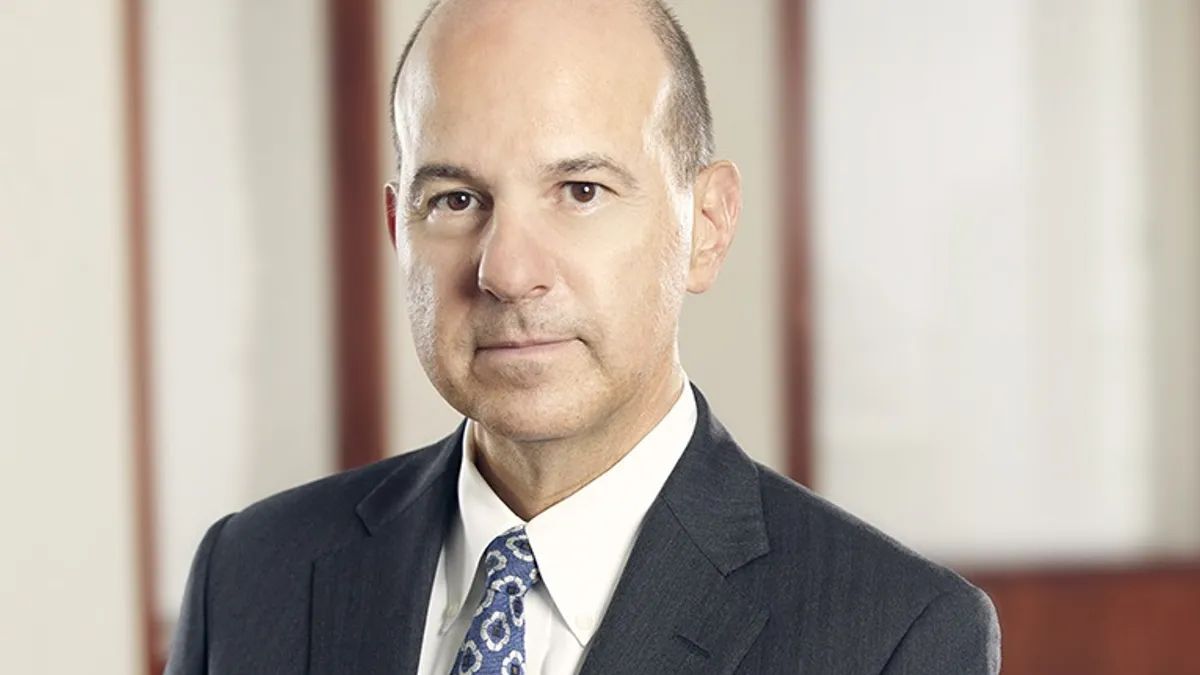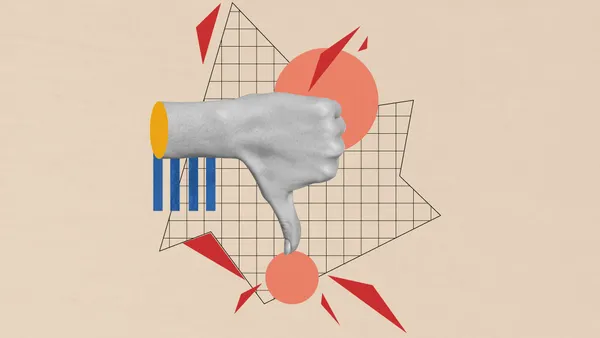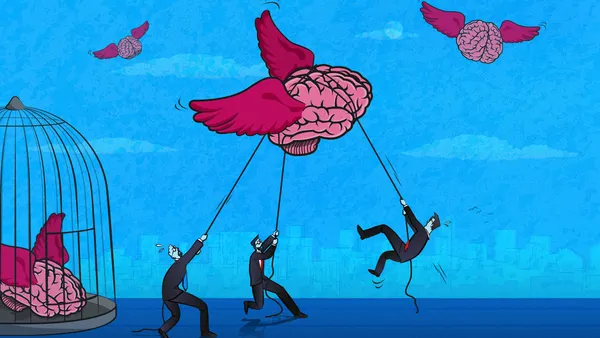As U.S. lawmakers consider ways to lower drug prices and turn to tactics like Medicare negotiation and out-of-pocket caps, another storm is brewing around drug patents.
Patents that protect branded drugs from competition allow pharmas to manipulate prices beyond what that protection should allow by the letter of the current patent law, according to Sen. Dick Durbin (D-IL), in a May 21 hearing of the U.S. Senate Committee on the Judiciary.
“You know what’s going on if you even have a beginner course in this business,” Durbin said. “The patent system is being manipulated and used by attorneys to extend the patent’s life to avoid competition, generics and bringing down the cost.”
Blockbuster drugs like Eli Lilly’s Humalog and AbbVie’s Humira have benefited from these extended patents that allow the companies to drive prices up without fear of a competitive market, he said.
A bipartisan patent abuse bill from Sen. John Cornyn (R-TX) and Richard Blumenthal (D-CT) made it past approval by the judiciary committee in 2021 and again in 2023 but still awaits floor action. The bill is among five bipartisan efforts that have yet to gain traction.
But patent reform would cause more problems than it would solve and do little to lower drug prices, said former U.S. Patent and Trade Office director David Kappos.
“There’s a lot of misunderstanding in general among lawmakers regarding the role of patents in drug pricing,” Kappos said. “There’s broad misunderstanding regarding allegations that pharmaceutical patents increase drug prices through behaviors like so-called ‘evergreening’ and so-called ‘patent thickets.’”
Evergreening and thickets
Evergreening refers to the practice of adding secondary patents, such as a new delivery system like an inhaler or injector to extend a drug’s protected shelf life. While opponents refer to it as evergreening, industry supporters call this “lifecycle management.”
For patent thickets, look no further than accusations against AbbVie in its handling of the megablockbuster Humira. With more than 100 patents to its name, opponents have claimed the company has deliberately obstructed competition through legal brute force.
But Kappos argues that what may appear to be insignificant improvements are actually the result of incremental innovation. He and another former director of the PTO, Andrei Iancu, are co-chairs of the Council for Innovation Promotion.
“Pharmaceutical companies spend hundreds of millions or billions of dollars on the additional innovations, creating significantly improved versions of their products,” Kappos said. “They put those products in the marketplace and — surprise, surprise — patients and physicians love them.”
Companies that make generics are legally allowed to replicate the original product when the patent runs dry, Kappos said, but the popularity of the new innovation justifies the cost.
“It provides better results, fewer side effects and better outcomes — I would say, we want more of that,” Kappos said.
And generics have indeed penetrated the market, Kappos said, pointing out that they comprise 90% of prescriptions.
On average, though, pharma companies get about three more years of monopoly protection on branded drugs through secondary patents, according to a 2023 study from the UCLA Anderson School of Management. The study found that the extended protection raised consumer costs by more than $52 billion, representing only a subset of drugs.
Industry-friendly bills
How can the patent system improve if not by outlawing these practices? The Cornyn and Blumenthal bill promises to “[make] the patent system stronger by validating new products, spurring innovation and protecting generics so they can come to the market and reduce the cost of pharmaceutical prices,” Blumenthal said in a release.
Kappos believes the patent system should be made stronger by rewarding inventors.
Kappos stands by two other bipartisan bills introduced by Sen. Chris Coons (D-DE) and Thom Tillis (R-NC) — the PREVAIL Act would limit patent challenges, and the PERA Act make patents easier to come by. Delaware and North Carolina are two major pharma production hubs.
Critics contend these changes wouldn’t address the cost of drugs, instead solidifying patent practices already in place.
The industry supports them for allowing extra defense to the current patent system. These bills “don’t waste resources attacking good-faith efforts of biopharma companies,” Kappos said.
Kappos is concerned that lawmakers have settled into their own ideas for a solution and that the water has been muddied by false notions.
“There were some statements made [at the May 21 hearing] that would cause anyone who cares about having the U.S. lead in medical-related innovation to be somewhat concerned,” Kappos said. “They’re trying to make the patent system the scapegoat for drug prices that we all want to be affordable.”










